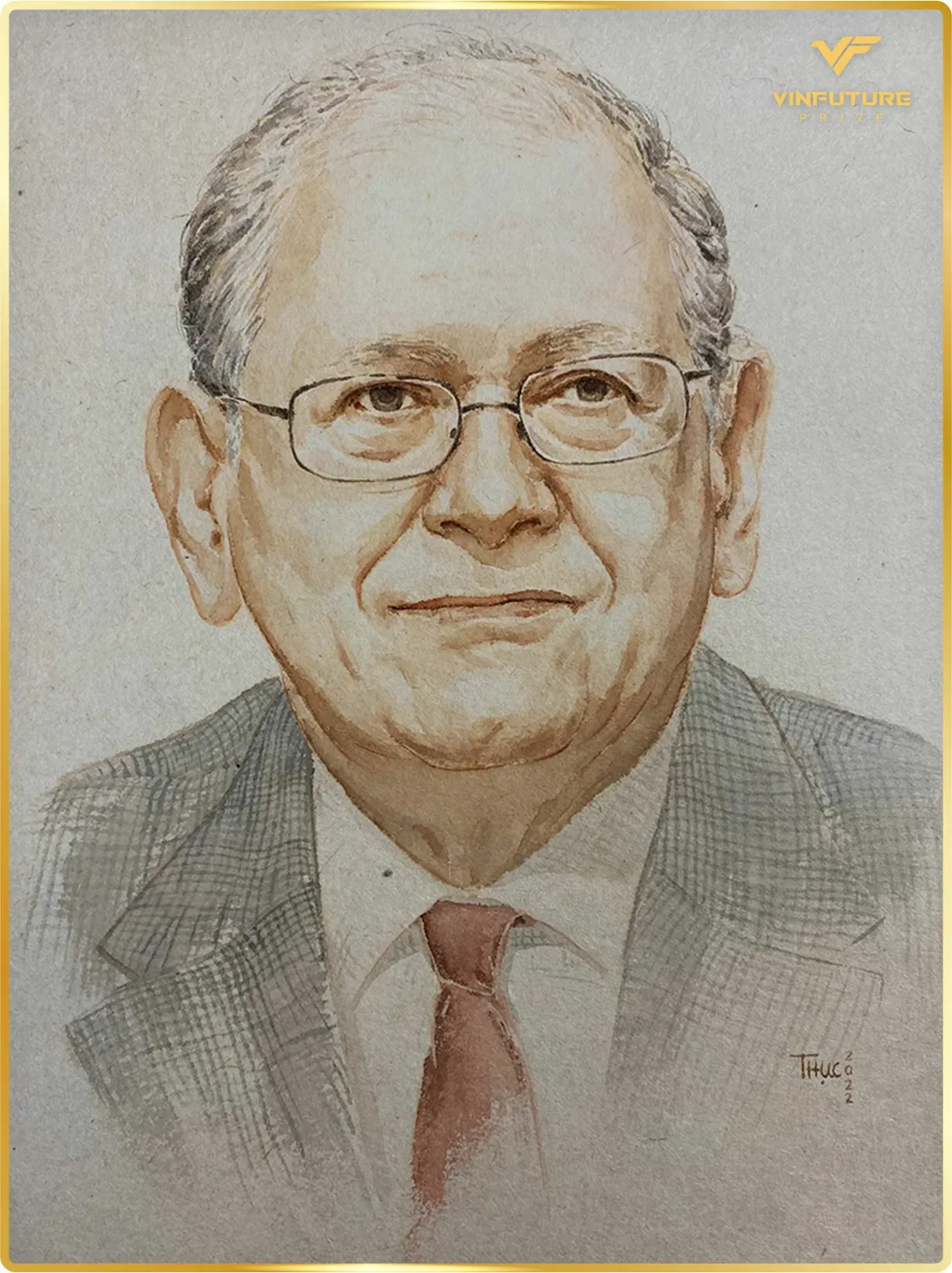BIOGRAPHY
Chairman, CEO and President of Corporation for National Research Initiatives
Dr. Robert Elliot (Bob) Kahn, born 23 December 1938, is an American internet pioneer, engineer, and computer scientist who, together with Vint Cerf, invented the Transmission Control Protocol (TCP) and the Internet Protocol (IP), which make up the fundamental architecture at the heart of the Internet. Kahn laid the open architecture foundations for the TCP/IP protocol, providing the Internet with one of its most distinctive features and what has proven to be a key advantage.
He first worked at AT&T Bell Labs, and, after getting a PhD in Electrical Engineering from Princeton University in 1964, joined the faculty at Massachusetts Institute of Technology (MIT) as an Assistant Professor of Electrical Engineering. He took a leave of absence from MIT in 1966 to join Bolt Beranek and Newman (BBN), where he later became responsible for the system design of ARPANET, which is considered the predecessor of the Internet. ARPANET was named for its sponsor, the Defense Advanced Research Projects Agency, or DARPA. The network was based on a radically different architecture known as packet switching, in which messages were split into multiple “packets” that traveled independently over many different circuits to their common destination.
Starting in 1968 Dr. Kahn worked on the ARPANET project at BBN, before joining the Information Processing Techniques Office (IPTO) at DARPA in 1972. He organized the first public demonstration of the ARPANET at the ICCC conference in Washington, D.C. by connecting dozens of different and diverse computers, a watershed event that showed that packet switching technology was a reality and a new age of computer communication was born. Dr. Kahn conceived the idea of open-architecture networking. He is a co-inventor of the TCP/IP protocols and was responsible for originating DARPA’s Internet Program. Dr. Kahn also coined the term National Information Infrastructure in the mid-1980s which later became more widely known as the Information SuperHighway. Dr. Kahn subsequently became the Director of IPTO where during a tenure of 13 years he led the US government’s major research efforts in information processing. In 1986 Dr. Kahn left DARPA to found the Corporation for National Research Initiatives (CNRI), a not for profit corporation, where he is currently Chairman, CEO and President.
In his recent work, Dr. Kahn has been developing the concept of a digital object architecture as a basic approach to managing information in digital form. This notion is providing a framework for interoperability of heterogeneous information systems and is being used in many applications such as the Digital Object Identifier (DOI). He is a co-inventor of Knowbot programs, mobile software agents in the network environment.
Dr. Kahn has been widely recognized as an internet pioneer. He is the recipient of the 1997 National Medal of Technology, the 2001 Charles Stark Draper Prize, and the 2002 Prince of Asturias Award. In 2004 he shared the ACM Turing Award with Dr. Cerf. In 2005 he received the Presidential Medal of Freedom and in 2008 he received the Japan Prize. In 2013 Kahn was one of five Internet and Web pioneers awarded the inaugural Queen Elizabeth Prize for Engineering. He has received numerous awards and is a Fellow of the Institute of Electrical and Electronics Engineers and Computer History Museum amongst others. He is a member of the National Academy of Engineering, the National Academy of Sciences, and has been inducted into the National Inventors Hall of Fame and the Internet Hall of Fame.
SUMMARY OF WINNING ENTRY | THE GLOBAL NETWORK TECHNOLOGY
Together with Dr. Vinton Cerf, Dr. Kahn led the design and implementation of the Transmission Control Protocol and Internet Protocol (TCP/IP) that are the basis for the current internet. They formulated fundamental design principles of networking, specified and prototyped TCP/IP to meet these requirements, and oversaw several implementations of the protocol that enabled to become the global standard for the internet.
SCALE OF IMPACT
The impact of the internet is global and universal across all domains and walks of life. It is the backbone for all information processing, and communication activities across the world, and many of today’s socio-economic activities are built on the the internet.
MEANINGFUL CHANGE
The internet has enabled global collaboration on all aspects of society, industry, economic development, media and communication and governance. It is the engine that underlies our daily activities both at the personal and societal level. It is no exaggeration to say that, without the internet, the world would not be as it is today.








